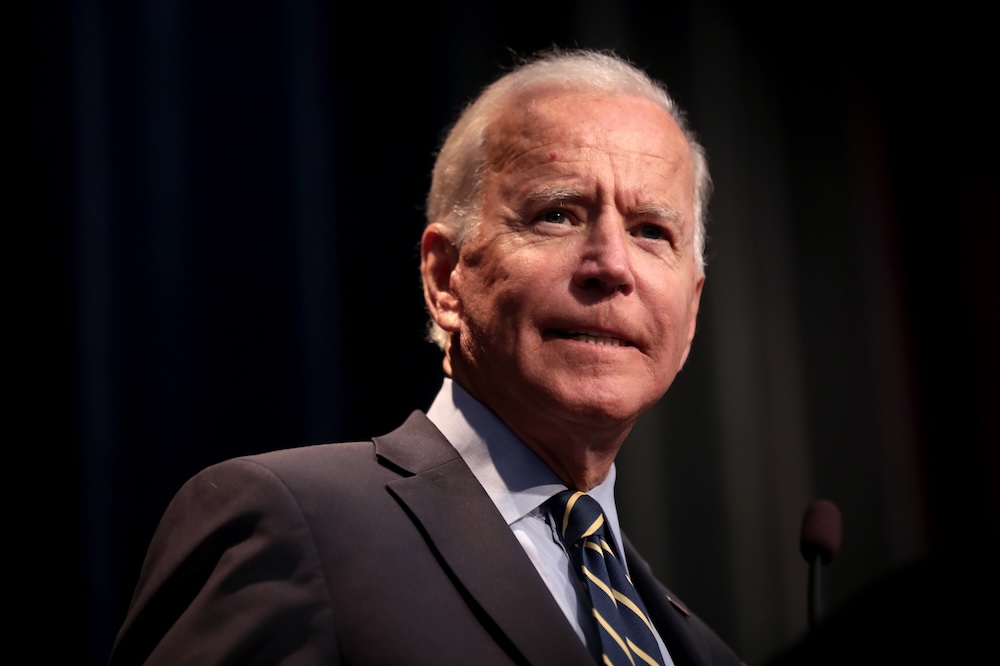Recent data from the U.S. Labor Department suggests that the current economic situation is being negatively impacted by Bidenomics, with a rise in unemployment rates and downward revisions of job additions. This piece will explore these trends and their implications on the economy.
The Current State of Unemployment
The Wall Street Journal reports an increase in unemployment to 4.1%, indicating a lack of confidence among employers due to high interest rates. The Labor Department reported that there were 206,000 jobs added in June; however, it is expected that this number will be revised downwards in coming months. This expectation is supported by the Kobeissi Letter’s analysis of global market movements, which points out the department’s tendency to revise job report figures downwards after their initial release.
Revisions in Job Reports
As an illustration, April and May’s job reports were revised down by approximately 111,000 fewer jobs than initially reported. This trend has been observed in 10 of the past 15 job reports, suggesting a struggle between expectations and reality. It also implies that President Biden’s economists may be prematurely celebrating economic gains that later prove less impressive upon closer examination.
Net Job Additions and Wage Growth
In terms of net additions, only 95,000 jobs were added to the U.S. economy this month according to The Kobeissi Letter. Meanwhile, The Wall Street Journal noted that hourly earnings saw their lowest rate of growth since 2021. However, labor force participation has increased slightly, signaling more working-age Americans are seeking employment while employers hold back on new hires.
BREAKING: BOTH May and April jobs report numbers were just revised lower by a combined 111,000 jobs.
The May jobs report was revised from 272,000 to 218,000 while the April jobs report was revised from 165,000 to 108,000.
This means that 10 out of the last 15 monthly jobs… pic.twitter.com/JdrvMolGg3
— The Kobeissi Letter (@KobeissiLetter) July 5, 2024
The Federal Reserve’s Response
In response to these trends, officials at the Federal Reserve continue monitoring the economy closely. Last month chairman Jerome Powell decided against changing interest rates stating that markets aren’t ready for lower rates which could stimulate hiring and consumer spending. Despite this, liberal critics like Sen. Elizabeth Warren (D-MA) have accused Powell of stalling economic progress by refusing to lower rates.
Political Implications for President Biden
These economic trends present challenges for President Biden, who is currently dealing with speculation about his political future. An upcoming interview with ABC’s George Stephanopoulos marks his first since a difficult debate against President Trump last week. There are rumors that the duration may be limited to just 15 minutes by the president’s handlers due to fears about further missteps that could harm his campaign. Some figures within the Democratic Party, including former President Barack Obama, have suggested that Biden should step aside for a younger candidate in the November elections.
(ALERT: This Is The Handshake That Will Collapse The US Dollar)


Leave a Comment